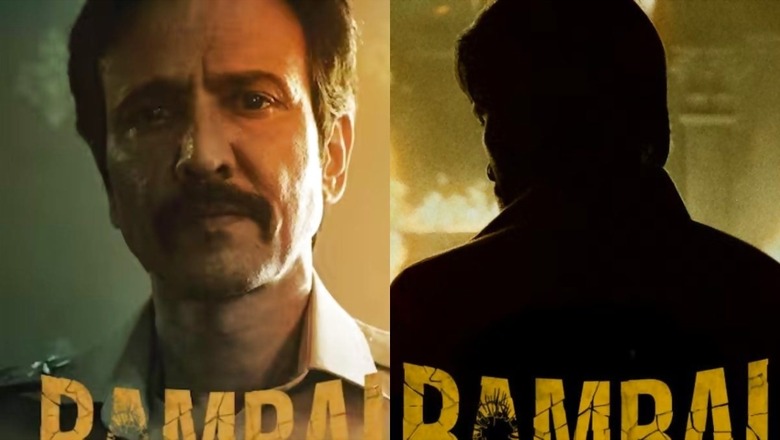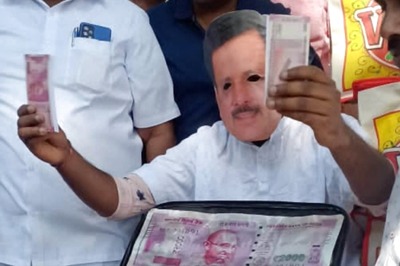
views
Gangsters, gangsters and gangsters. Bullets, bullets and bullets. Blood and gore and bodies strewn all around. We have seen such gut-wrenching dramas so often – on the big screen and on streaming sites. Sometimes, there is so much of these that we get tired and even disgusted. Well, then, Shujaat Saudagar’s Bambai Meri Jaan has all these and much more – but certainly not to warrant the 10 longish episodes that the plot unfolds in. And the script tends to be lazy here and there, but a great performance by Kay Kay Menon diverted my attention from these minus points.
Set in what was once Bombay – or Maya Nagari as India’s financial capital was also termed – the Amazon Prime series takes off in a languid way. It is the 1960s the period that saw intense gang wars in the city that frustrated the police force and frightened the population. Many innocents perished in the crossfire of bullets, and in the midst of all this struggled an honest cop, Ismail Kadri (Menon).He was bent on cleansing the city of gangsters. They had no principles and fought amongst themselves and looted with gay abandon. They kidnapped for ransom, indulged in extortion and killed at will. They were a bunch of heartless men.
Ismail ran into wall after wall, and found little help from the force. In the end, he found himself out of work, and compelled to join ranks with those whom he had pursued. It was gangster Haji Maqbool (Saurabh Sachdeva) who offered him a hand. Ismail walked to the other side, but kept himself out of dirt, just doing odd jobs for Haji..
A time came when Ismail chose to call it quits with Haji. But Ismail’s son, Dara (Avinash Tiwari), began to defy his father’s diktat. He started off as a small time thug, seeking “hafta” from shopkeepers, but later turned to big crime that involved currency and gold. His cronies were all men, but helping this gang was Habiba (Kritika Kamra), Dara’s sister, whose valuable inputs often got her brother out of sticky situations.
Bambai Meri Jaan is, in the final analyses, a tale of good versus bad, but here nobody wins, nobody loses. The finale is tame and boringly predictable. But yes, some of the characters have been written with imagination. Ismail’s wife, Sakina (Nivedita Bhattacharya), is wonderful to watch as she placates and pacifies her husband, and calms ruffled feathers. She is superb as a woman torn between love and righteousness. And Menon’s arc is amazing. He seamlessly turns from a go-getter to one who resigns himself to fate. He watches helplessly as Dara slips into the seedy world of crime. There is no turning back, is there?
The series need not have been so long and a lot of clumsy writing could have been thus avoided to make the work taut and terrific. But Indian story tellers cannot stop. We know that!




















Comments
0 comment